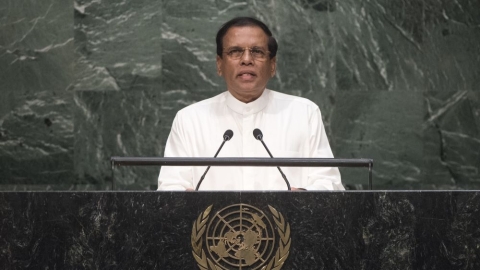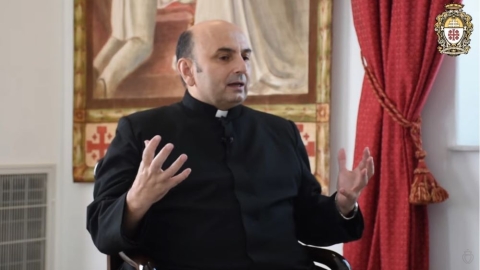France: Parliament Votes on a Bill to Constitutionalize Abortion

The text was presented by the Minister of Justice, Éric Dupond-Moretti, who opened the examination of a bill aiming to enshrine in the Constitution “the freedom guaranteed for women to have recourse to an elective abortion” through the account of a clandestine abortion in 1964.
The speakers defending the text spoke of a “historic” moment, citing Simone Veil, Gisèle Halimi, or Simone de Beauvoir. Pascale Bordes (RN), a member of the Assemblée Nationale, respond by stigmatizing the bill as “useless and inappropriate.”
An Ideological Debate
The debate did not mention women who suffer from having had an abortion, nor those for whom it was not a “choice,” who had abortions for economic reasons or under pressure from a spouse or even family.
Yet the promoters of the bill mentioned international legislative choices: the overturning of Roe vs. Wade, along with the restrictions on abortion in Hungary, Poland, Italy, and Portugal. On this occasion, they are offended that some States require women seeking abortion to listen to the heartbeat of “the baby,” “the child.”
For promoters of the constitutionalization of abortion, there would be a risk in France. The “anti-choice” or “pro-life” movements represent a threat in their eyes. The debate drifts to a parliamentary obstruction which would be led by the ten or so deputies who author amendments.
Related Article:
Development Always for the Worse
Legislative developments since 1975, the year which saw the Veil Act passed, have always been in the same direction: abolition of the delay period for reflection, extension of the legal time frame, full reimbursement, authorization for midwives to perform instrumental abortions, making it illegal to interfere. Only the conscience clause specific to abortion remains in effect, but it is threatened.
A deputy warns that constitutionalization of abortion is a step toward extension, then removal of delays and of the conscience clause. Incidentally, the deputies are taking advantage of the debate to ask for the replacement of the term “woman” with “pregnant person,” in order to also include transgender people. Another request is that a “right to contraception” be added to the “right to abortion,” as an essential corollary.
Refusal of Reality
The description of an abortion at 14 weeks of pregnancy mentioned by Marc Le Fur, repeating the language of gynecologist Israël Nisand, sparked the disapproval of various deputies, while the different means of causing clandestine abortions did not arouse any indignation.
One deputy raised the risk of eugenics and the necessity of enshrining its prohibition in the Constitution. The deputy wanted to highlight the fate reserved to people affected by Down syndrome, “who are unfortunately disappearing due to abortion, even though they are capable of having a life and giving love to those around them.” No result.
After eight hours of discussions, the few deputies present approved the bill aiming to enshrine abortion in the Constitution, by 99 votes against 13, with 2 abstentions. No amendment will have been retained. The text will be passed on to the Senate, the president of which has expressed serious reticence.
We must have no illusions. This law--which will change nothing in practice--is part of a general effort by pro-abortion lobbies to establish a right to elective abortion--national then international--in order to impose it on all countries. It will also be used to remove the conscience clause for doctors and healthcare workers.
(Sources : Génèthique/Le Figaro – FSSPX.Actualités)
Illustration : Photo 52710834 © Tomas1111 | Dreamstime.com





